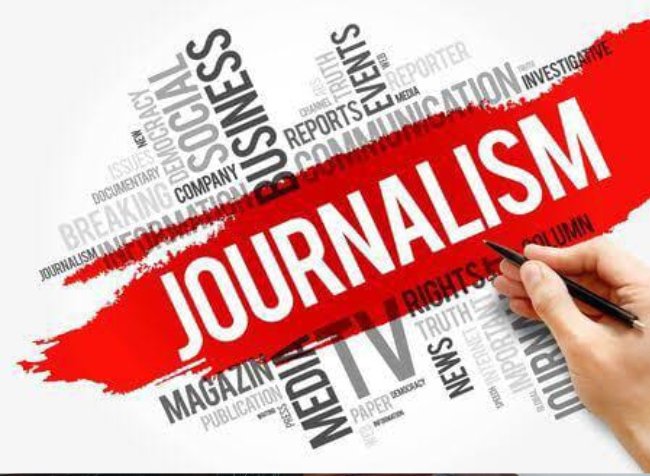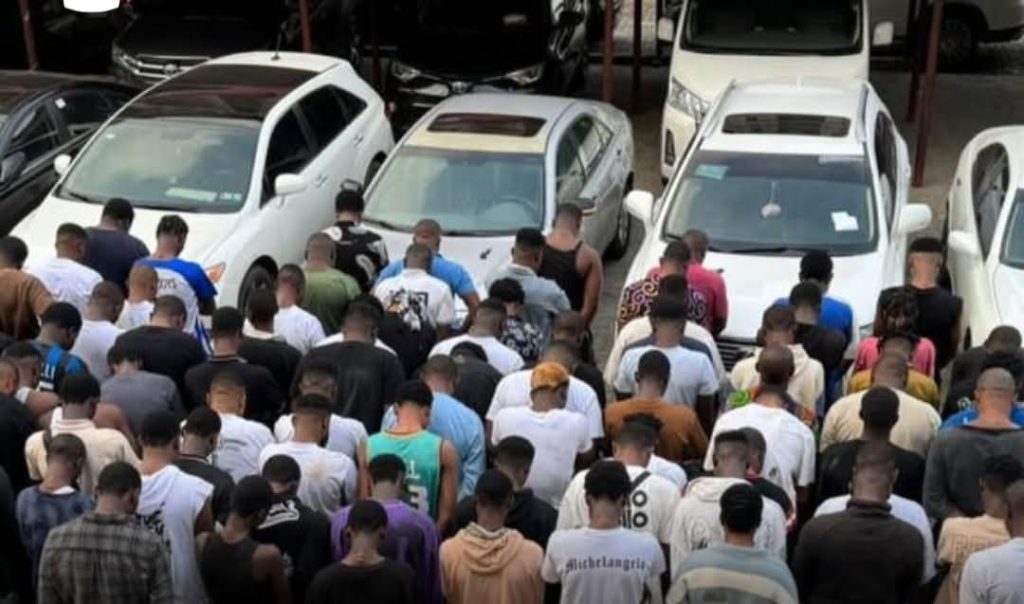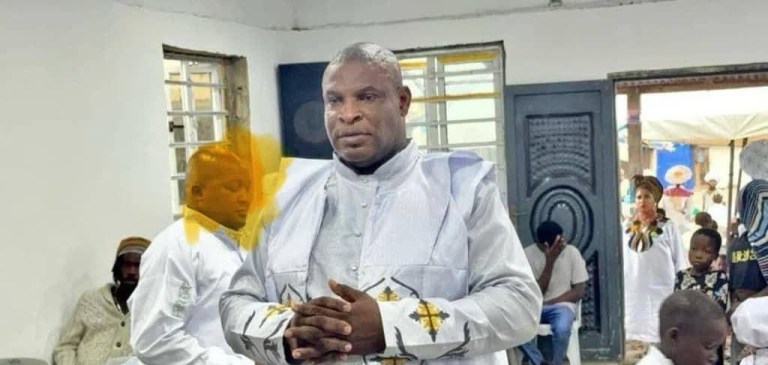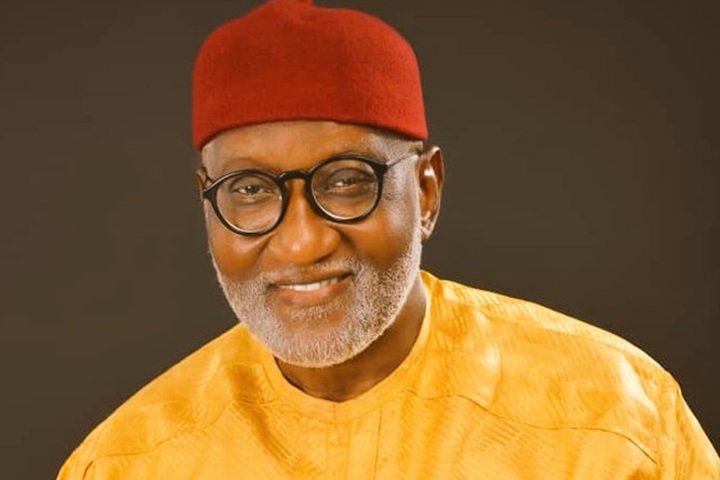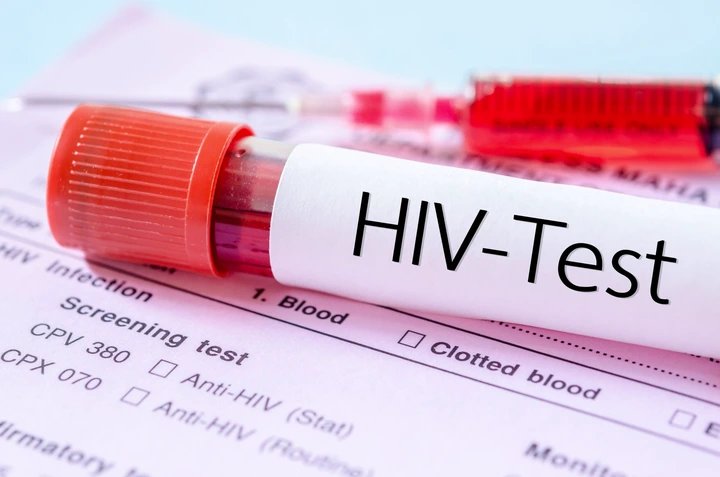Africa
Somaliland president confident about recognition of state after meeting Trump
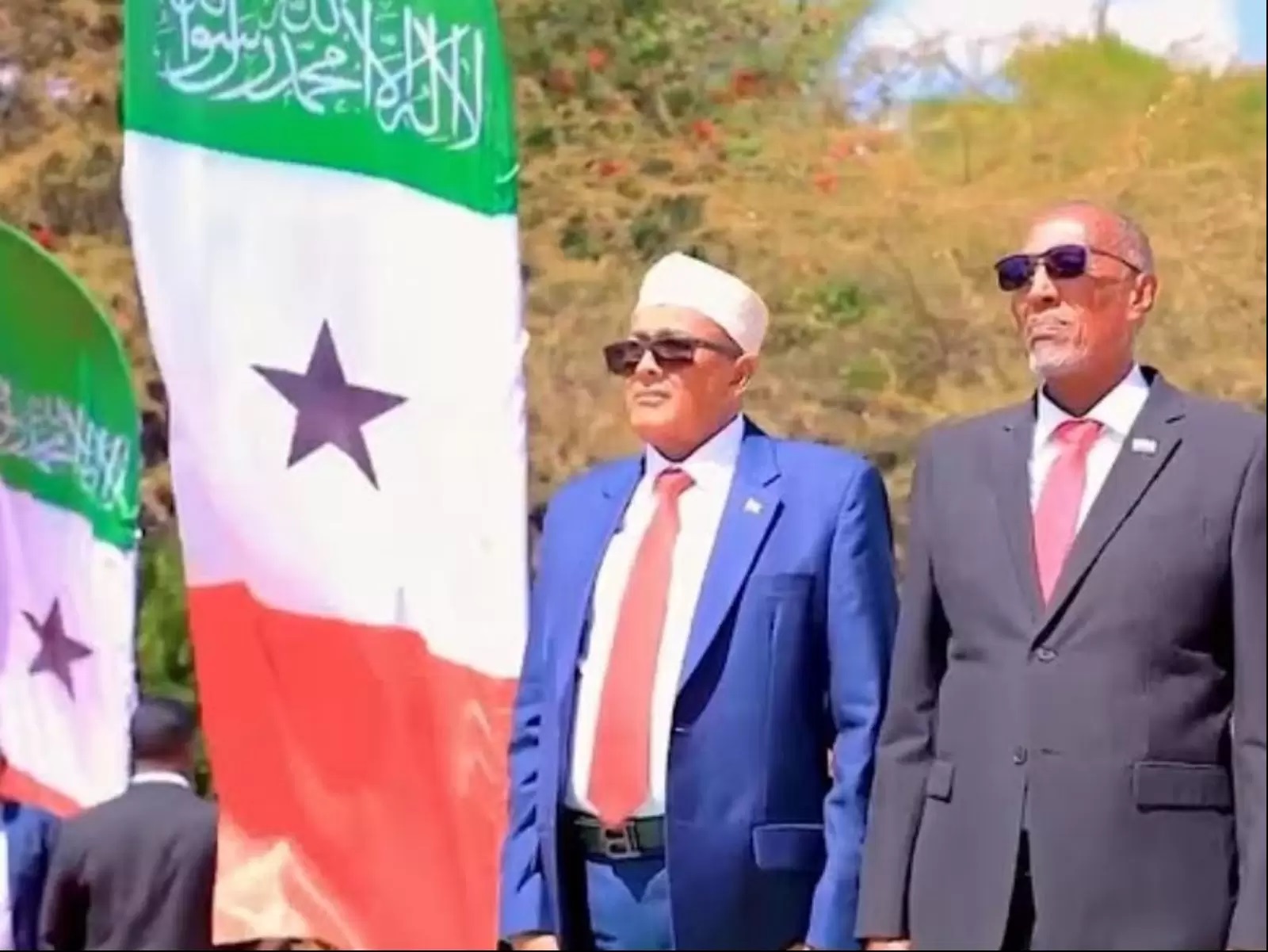
The new president of Somaliland, Abdirahman Mohamed Abdullahi, expressed confidence on Friday, May 30, 2025, that his self-declared republic is nearing international recognition.
This is a development that analysts say, could significantly escalate tensions in the already unstable Horn of Africa.
In a recent interview at the presidential palace in Hargeisa, Abdullahi stated that it is now “likely” that Somaliland will finally achieve the recognition it has sought since breaking away from Somalia in 1991.
“Recognition is on the horizon,” said the 69-year-old leader.
Somaliland is a relatively stable and democratically governed territory.
It is reportedly with a population of around five million.
Somaliland has maintained its independence for over three decades without formal acknowledgment from any country.
Abdullahi emphasized that international recognition is no longer a matter of if but when, and speculated about which nation would be the first to make the move.
Analysts say that there are growing indications that the United States, might become the first country to recognize Somaliland.
The incentive? A strategic military alliance.
The U.S. is reportedly evaluating the possibility of establishing a military base near the port city of Berbera.
Berbera lies on the Gulf of Aden, a location critical to global maritime trade.
Abdullahi disclosed that senior U.S. military officials, including the top commander in the Horn of Africa, have visited Somaliland.
He also disclosed that further delegations are expected to assess Berbera’s potential.
The U.S. already operates Camp Lemonnier in neighboring Djibouti, but there is increasing concern in Washington over China’s growing presence there.
An alleged Trump policy blueprint, “Project 2025,” proposes recognizing Somaliland as a strategic counterbalance to China’s influence in Djibouti.
In April, U.S. aircraft carriers stationed off Somaliland’s coast supported airstrikes in Yemen, indicating increased military engagement in the region.
The U.S. has not yet confirmed any official agreement with Somaliland.
However, Abdullahi stressed that his nation plays a crucial role in international security efforts.
“We are a partner in security, in counter-terrorism, and in maintaining safe marine routes for global trade,” he said.
Since assuming office five months ago, Abdullahi has hosted the U.S. ambassador to Somalia three times.
There appears to be a divide within the Trump administration over its stance on Somalia, which continues to regard Somaliland as part of its sovereign territory.
With al-Shabaab militants regaining ground in Somalia, some U.S. officials are questioning the effectiveness of continued counter-terrorism efforts there.
Discussions have even surfaced about withdrawing American personnel and shutting down the embassy in Mogadishu.
Inside sources suggest that members of the Trump team are reconsidering the longstanding “one Somalia” policy.
Abandoning support for Somalia’s weak central government could pave the way for the official recognition of Somaliland.
“The U.S. and perhaps other global powers will soon need to reassess their policies toward Somalia,” Abdullahi asserted.
Gavin Williamson, former UK defense secretary and vocal supporter of Somaliland’s recognition, echoed this sentiment.
He told The Guardian that he has received assurances from U.S. officials that recognition is on the table.
He anticipates it could happen before the end of Trump’s potential second term, possibly within a year.
The United Arab Emirates (UAE), a key U.S. ally, is also positioning itself as a stakeholder in Somaliland’s future.
The UAE has invested over $442 million in upgrading Berbera’s port and constructing a highway to Ethiopia.
Ethiopia is reportedly a landlocked country eager for maritime access.
A deal signed between Somaliland and Ethiopia to develop port infrastructure reportedly includes a clause for Addis Ababa to recognize Somaliland.
This has sparked outrage from Somalia and fears of broader regional conflict.
Egypt, embroiled in disputes with Ethiopia over Nile dam projects, has backed Somalia in this dispute.
The U.S. State Department continues to affirm its support for Somalia’s territorial integrity and denies any formal discussions on recognizing Somaliland.
On the other hand, situation on the ground suggests otherwise.
Another surprising angle in this geopolitical equation is the suggestion of resettling displaced Palestinians from Gaza in Somaliland.
Israeli Prime Minister Benjamin Netanyahu has hinted at forced displacement of Gaza’s population.
Also, President Trump has spoken about transforming Gaza into a resort destination by relocating its residents.
Somaliland officials confirmed that Palestinians have been coming since the early 2000s, and are open to accepting more.
Currently, Somaliland hosts about 23,000 refugees from various countries, including 12 Palestinian families and hundreds of Syrians and Sudanese.
Refugee department deputy director Aidrous Osman Hussain emphasized the territory’s willingness to help.
Although he noted that international recognition would significantly boost their capacity to support displaced populations.
Abdullahi, confirmed no formal discussions have occurred regarding Palestinian resettlement.
While confirming this, he affirmed Somaliland’s hospitality: “We are a welcoming people.
If Palestinians come of their own accord, they will be accepted.”
For Diaspora Digital Media Updates click on Whatsapp, or Telegram. For eyewitness accounts/ reports/ articles, write to: citizenreports@diasporadigitalmedia.com. Follow us on X (Fomerly Twitter) or Facebook



